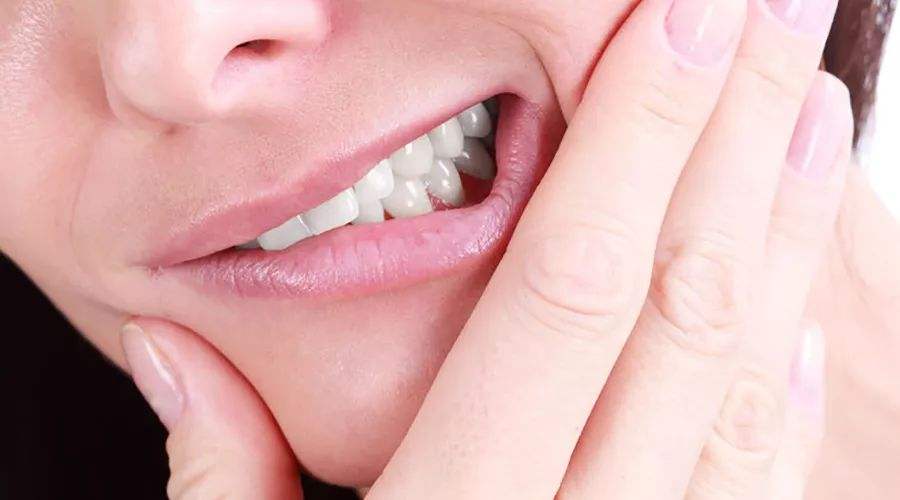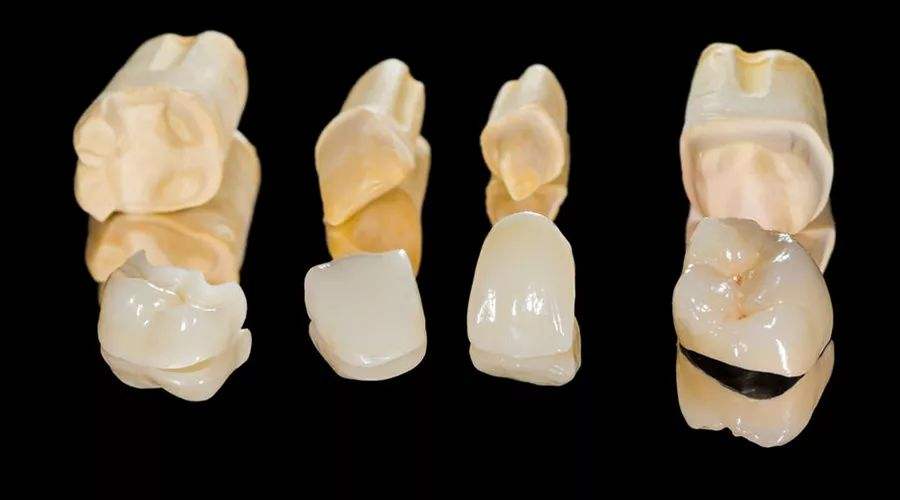I often hear patients complain in the outpatient department:
[mending] why is a tooth so expensive, it costs more than 1,000, and it takes several times, which is expensive and time-consuming…
In fact, the [filling] in the patient’s mouth may not only be a simple filling, but also a more complicated [root canal therapy] than filling.
Speaking of [root canal therapy], you may not be familiar with it, but you may often hear [tooth extraction nerve] [tooth killing nerve], in fact they are all similar names.
Root canal therapy, as the most basic treatment method in stomatology, can relieve severe toothache caused by pulpitis. On the surface, it seems that only one tooth has been filled, but in fact what the dentist does is far more complicated than filling a tooth!
[Root Canal Therapy] Is what?
Toothache comes from many sources, but tooth pain caused by inflammation of tooth nerve accounts for half of the country. Dental pulp, commonly known as tooth nerve, exists in the most central position of teeth. Once it is infected, severe toothache will occur.
However, to suppress this toothache, taking medicine alone is not enough. For adults, there is only one way to go for dental nerve inflammation-completely remove the inflamed dental nerve.

This is called root canal therapy.
Root canal therapy is to completely remove the dirty things inside the teeth, completely seal the root canal with materials, and prevent bacteria in the oral cavity from entering the teeth again to cause infection, so as to treat pulp disease and periapical disease (root inflammation).
Do what Do Root Canal Therapy?
Many people will ask: I just have tooth decay. It is good to repair it. Why do I need root canal therapy?
In a simple sense, if there is no obvious pain, only the rotten tooth tissue needs to be removed and then filled with filling materials.
However, when teeth ache spontaneously and at night (that is, the pain is more severe at night than during the day), it is called pulpitis, that is, the “inflammation of dental nerves” in everyone’s mouth.
At this time, the most common solution is root canal therapy.
Does it hurt when doing root canal therapy?
There are two kinds of situations.
If root canal therapy is performed due to severe tooth decay and tooth fracture, causing inflammation of dental nerves, pain may occur without anesthetic. However, doctors will give anesthetic in advance according to the pain.
If there is a pustule on the gum due to the blackening of the teeth, root canal therapy will cause necrosis of most of the teeth and nerves. At this time, root canal therapy will not hurt any more.
Generally speaking, root canal therapy is (can) painless.
How many times should root canal therapy be done?
1-n times are possible, but 2-3 times are enough in most cases.
Now let’s briefly talk about the procedure of root canal therapy:
1. Pith opening
Drilling a hole in the tooth is like a well. We can clean up the tissues inside the tooth through this wellhead. If the toothache is severe, we must apply anesthetic first.
2. Root canal preparation
This step tests the dentist’s endurance and eyesight.
The pipes inside the teeth are actually complicated. We use a thin file (which looks like a needle) to remove the dirt from the pipes inside the teeth and rinse the pipes repeatedly.
Then we put disinfection drugs in the root canal of the teeth, sealed it up and waited for one week.
3. Root canal filling
When the teeth are completely free of pain and the internal root canals are clean, permanent materials (gutta percha tips and paste) can be used to fill the interior of the teeth and isolate the external environment.
What else should I pay attention to during treatment?
1. Root canal surgery requires about 2-3 follow-up visits, and timely follow-up visits will obtain better therapeutic effects;
2. Maintain oral hygiene. The whole treatment cycle should be the same as usual. Brush your teeth normally.
3. The pain may be aggravated during the treatment, but most of them are relatively mild, so you don’t have to make a fuss. If the pain is unbearable, you should find a doctor to deal with it in time.
4. Avoid teeth biting hard objects during treatment, prevent temporary sealed materials from falling off, and also reduce the risk of tooth fracture.
Do you want to do crown after root canal treatment?
Heard that… teeth after root canal treatment should be crowned?
That’s right.

Most of the time, the teeth after root canal treatment will gradually become brittle and dark. If they are subjected to greater bite force, they will easily crack. Therefore, dentists will advise patients to make another braces to protect their teeth.
References:
FAN Mingwen.Dentistry and Endodontics (4th Edition) [M]. Beijing: People’s Health Publishing House. 2012
[2] Hargreaves K M, Berman LH. Cohen’s pathways of the pulp expert consultation [M]. Elsevier Health Sciences, 2015.
